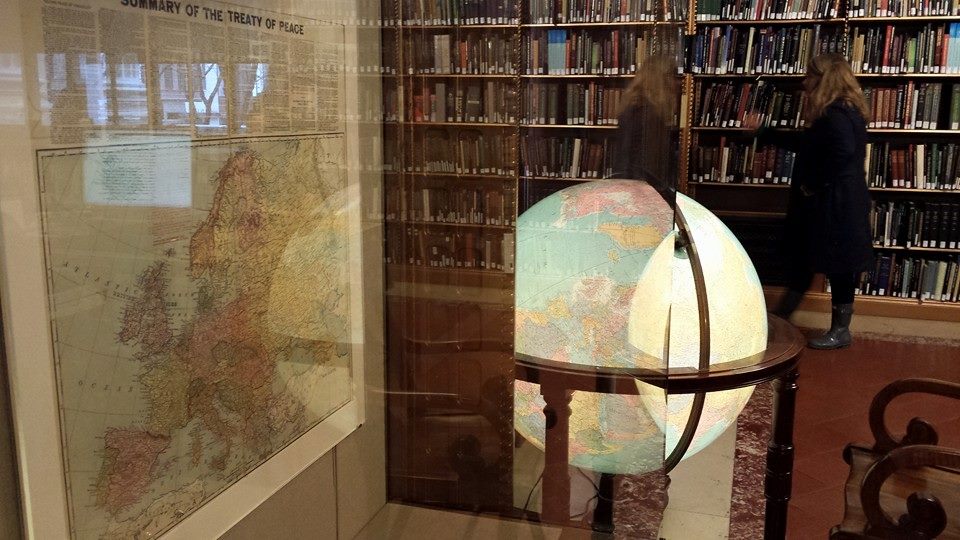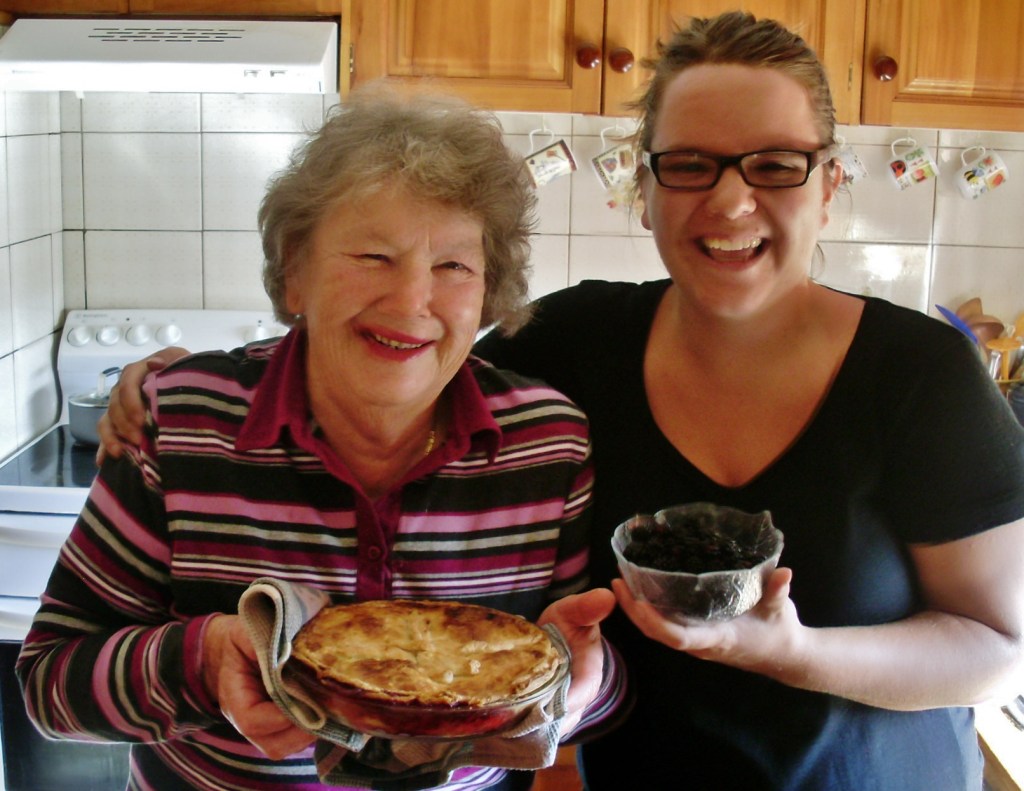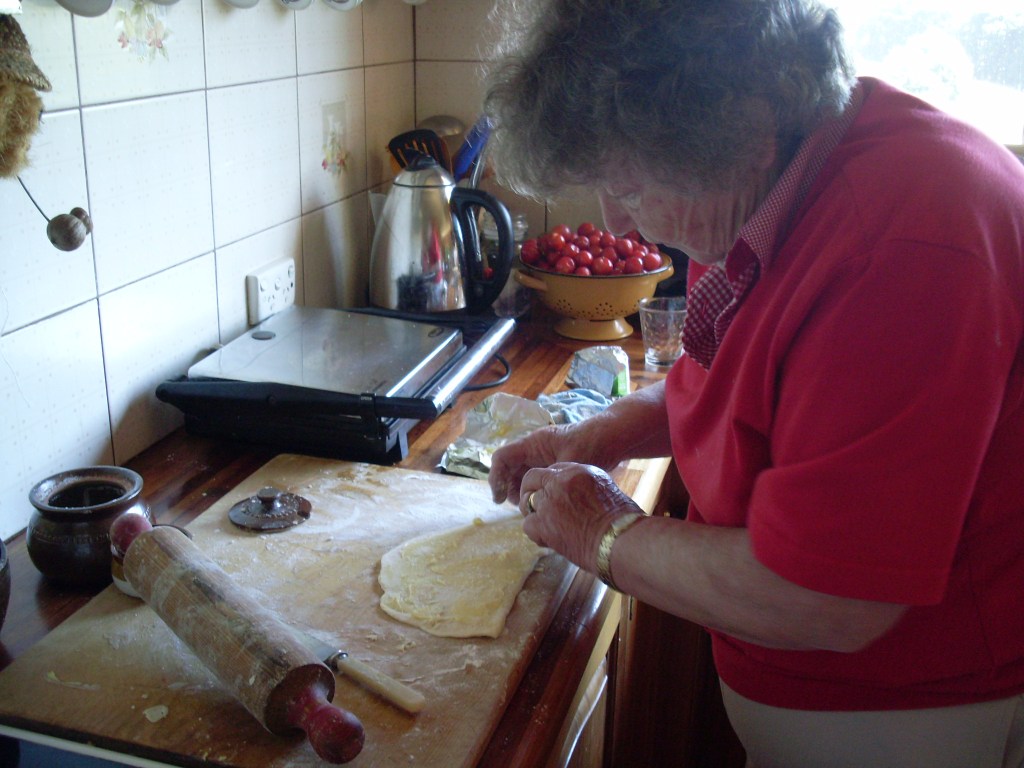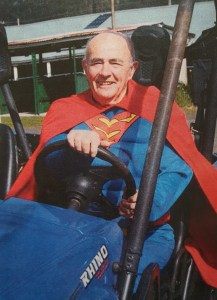In the past 4 weeks two able bodied women with international careers have been in the public eye, being credited for the work I have spent day and night undertaking from my sofa in my pyjamas confined to my home with a chronic disabling illness for the past two years.
Our beloved Stella Young is of course right to argue that people with disabilities should not be your inspiration porn. We should not be espoused for merely taking a breath each day and living our lives. But you know what. Living with a disability is damn hard. It is exhausting, expensive, degrading and all of that, sucks.
I know that I am essentially unemployable. My chronic disabling illness, ME/CFS, makes my cognitive and physical capacity unpredictable. Meeting other people’s timelines and expectations can be impossible. But I still have skills, knowledge and expertise. I still have something to offer the world.
For the past two years I have some of those skills, knowledge, and experience to help Afghan women’s rights defenders escape the Taliban. I spent years as an Australian soldier, managing secure telecommunications networks, decades working to advance gender equality and supporting women affected by conflict, including nearly two decades working on Afghanistan.
My condition makes me vulnerable to COVID. So, for more than three years, I have largely existed in the confines of my own home. When the government said people could go back to mingling in groups, my friends went back to their lives, but I stayed home to try to protect my fragile body from getting any weaker than it already was. Even the friend who was my first bubble buddy is more worried about protecting herself than me now.
I’m not able to drive. To get anywhere, I need someone to take me. But I am alone in the world, no family or partner go through life with, let alone drive me to the shops or a medical appointment. Being unable to travel means I don’t get to spend time with my grandparents, or loved ones who may be further away. I don’t get to share a Sunday dinner with my Nan, and I’m excluded from family discussions about her welfare. I’m ignored in divisions of her trinkets and didn’t get to collect plants from her garden when she moved.
I try do to do the best with what I have. But by God it hurts when the system just keeps pushing back and giving to those who already have, and pushing me away.
I started a campaign to help end impunity for conflict related sexual violence, trying to get justice for members of the Yazidi community who survived genocide, and human trafficking for the purposes of sexual slavery as part of ISIS’ war in Syria and Iraq. But governments failed to act on their own legal obligations even when I spelled it out in front of them, and had their own parliamentarians speak the words on the floor of parliament.
I developed a social enterprise to help Yazidis fight against that genocide by showcasing their food and culture in a café and community space in Wagga, drawing on produce and small business products from their new home in the Riverina. But the Federal Government pulled out of the grant we were expecting and gave the money to groups who already have access to capital.
After spending years paying 70% of my disability support pension on my private rental property to save myself from homelessness, I finally accepted a government housing property on the condition the back gate be widened so my mobility scooter could safely be stored inside the back yard. Three years later, I am still struggling to have either ACT Housing or the NDIA make the path to that gate safe. I don’t have enough income to pay for my own medications, let alone the start up costs for the business that would help thousands of refugees.
Since the fall of Kabul, I have helped over 300 Afghan women’s rights defenders escape the Taliban and reach final destinations of safety in Australia, America, Canada, Ireland, Brazil, Greece and Spain. I don’t even count the others I’ve helped who don’t meet my definition of women’s rights defenders: people who worked at the Australian Embassy, translators who worked alongside international security forces, journalists… the list goes on.
It is dangerous work, that I’ve undertaken with a range of networks and volunteers who have lent their own skills and networks to do background checks, strategise, raise funds, find seats on flights, secure visas, provide care packages and more. All the while, we need to keep our people in Afghanistan safe from Taliban interception, arrest, or worse. Because of this risk, we rarely get to talk publicly about what we do.
Last month, a woman who I’d worked with on a few families, and had coordinated our financial transactions for a while, was granted the keys to the City of Newcastle in recognition of our work. This woman had bought one huge family to me, and been crucial in their evacuation, as well as the evacuation of several other associated families. The financial management she and her partner did for several months was also hugely important to our operations. But I was disgusted to see the ABC credit her with the evacuation of 300 Afghan women’s rights defenders. This is simply not true.
When I had been struggling deeply with my mental health, this woman had inappropriately bypassed me and went directly to my key donor saying she didn’t think he should be providing funds to my operations. Without his funds, dozens of people would not have been evacuated, dozens more would have been left without housing and food. Thankfully, the donor didn’t agree with her view point.
This woman has been immensely rude to me in our interactions, but never fails to snap to me if I am even short with her, saying “you can’t talk to me like that, Susan.” She ignored my own communications about my health when I was fully incapacitated by my COVID vaccine, trying to claim authority over my own body because her sister is a doctor.
I had never even been invited to one of the celebrations she arranged to recognise people who participated in the evacuation of various families. I definitely wasn’t invited to the International Women’s Day event where she was awarded the keys to the City of Newcastle, where so many of those families have settled.
I know I help so many people, people she will never know. I am glad to help former diplomats whose colleagues were left behind, soldiers who worry about the interpreters and officers they worked with. But most importantly, the network of incredibly strong, capable and brave Afghan women who spent decades fighting to build a better country for themselves, their sisters and daughters.
But it is so hard to see other people taking credit for that work, being made invisible in the process, struggling at home, without even the medicine I need to survive. I live with so much physical pain, I have trouble sleeping. The feeling of aloneness can be so intense.
Earlier this month it happened again. The heads of an organisation I’d worked with since the fall, featured on an ABC TV program claiming they evacuated over 80 widows and orphans from Afghanistan. There were full quotes in the program that were complete lies. When neither of the heads of this organisation were involved in the planning of the first evacuation at all, but I had planned it step by step, in great detail to ensure the minimum stress on the orphans and make sure there would be no reason the Talibs would suspect anything was afoot. Those orphans had been given visas because they were on MY list of people needing to be evacuated. It was not random as was claimed in the show.
The Taliban consider it Haram for orphans to be taken out of Afghanistan, so any evacuation was always going to need to be planned with utmost precision. While the Kabul airport was still controlled by foreigners, I worked with another network to design an operation to take the children through there, but it relied on them being given visas. When those visas didn’t come, we told the organisation it was not safe to take the children to the airport. We knew the situation at the airport was dire and people would not be let in without visas. But this advice was ignored.
They took hundreds of children to the airport anyway and rang me in the middle of the night when soldiers from all sides were firing. They “said, give me the number for the Minister,” they’re not letting us in. If we can just call the Minister they’ll let us in. But it didn’t work like that at all. They had taken the children into harms way for no reason, against security advice. I told them to take the children home. The security forces would not be letting bus loads of children into the airport without visas. We knew there was an incredibly high threat level. Indeed not long after that, a suicide bomb went off killing hundreds of people.
I, and the head of the network I’d been working alongside, begged the organisation to start alternate planning. But the organisation refused. Even when I had them agree to let me evacuate the 17 orphans and carers who had visas, they still refused to let me plan with them for next steps. Once again, they had a media story about the evacuation, claiming all credit.
Eventually they were finally granted visas for about 70 other people. I told them what needed to be done. I arranged an organisation to partner with who, had experience moving large groups of people without passports. But they did not follow up with this organisation. I received a phone call from the border, pleading for my help because they had people unable to cross. I woke people up from my network and arranged several solutions to the problem, but each was refused.
Maybe these people thought they knew what they were doing. Maybe they thought having seen me evacuate one group, they thought it was easy. Maybe they just thought they knew better. But they didn’t.
Several evacuation groups backed out of helping them.
In the end, I convinced my network to help. I didn’t want the children to suffer because of the behaviour of the heads of the organisation. But my team had been right to refuse to help initially. These two people did not follow the rules we have in place to keep everyone safe, to minimise all the risks in this highest of risky context.
Communications rules were broken. More people were sent than should be. Transport did not follow procedure. In the end, people were arrested. Children were arrested. They were sent to prison, and all the information (that should not have been) on their phone, was seen and recorded by Taliban intelligence. Directions were again disobeyed during negotiations for their release.
Those children spent far longer in prison than they needed to. The adults who were detained months earlier were there because of poor understanding of security. They had been charged with trafficking children, among other offences. But the heads of the organisation continued to ignore our advice.
When they went public with the story about getting those 70 orphans out of Afghanistan, an operation that my team and I planned against the greatest possible challenges, they put the lives of at least three people on the line. The young man who had been our coordinator in Kabul had his role in the evacuation absorbed by the Taliban when they arrested those children at the border. He comes from an ethnic minority and had served alongside foreign troops in northern Afghanistan. The organisation didn’t even apply for a visa for him. He can’t even afford a visa to a neighbouring country to flee.
When they went public with this story, shoving the evacuation in the face of the Talibs, they put him in danger. They did that without even attempting to mediate this risk. The two men who remain in prison because of their actions, will likely be killed. There is nothing I can do for them. But I could do something for the man who coordinated the evacuation from Kabul.
Instead, someone else was too busy taking credit. Once again, systems are in place allowing those who have to keep having, and those without miss out. That organisation has a multimillion dollar turn over. I receive no income from the work I do. That man was an orphan, he comes from an ethnic minority, a group different than the people who run the charity in the news. He and I are left to deal with aftermath.
I am so, so tired of the world set up like this. Where white Christian refugees from Ukraine get more help than the brown Muslim women our countrymen fought alongside in Afghanistan.
Did you know I spent three years fighting for access to the NDIS so I could have assistive technology, allied health, and support workers to get me through daily living? It was finally a court who decided I was eligible. The NDIA sent a load of lawyers from private law firms after me. But I have the Administrative Appeals Tribunal decision stating I am eligible under all three criteria of the Act. Well, last week they NDIA wrote to me trying to say I need to reprove my eligibility all over again.
You see, those who don’t have, we just take up too much damn room. My local MP didn’t do anything about it. She did nothing about the grant the Department of Home Affairs led me to believe we’d be getting. She did nothing about the skilled migrant visa scheme I tried to establish to get Afghan women’s rights defenders to safety. And she didn’t agree to the Stronger Communities Grant we requested for our work with Afghan women’s rights defenders. So what’s the point, hey? What’s the damn point!?












